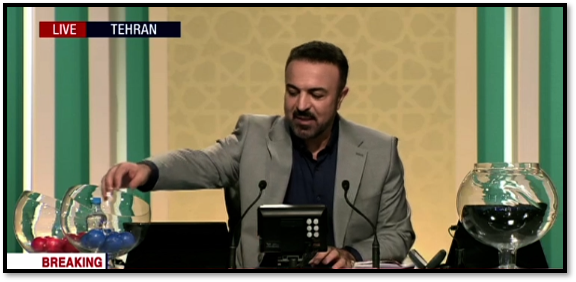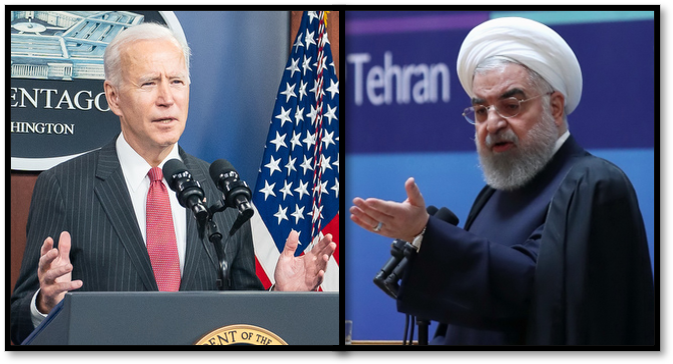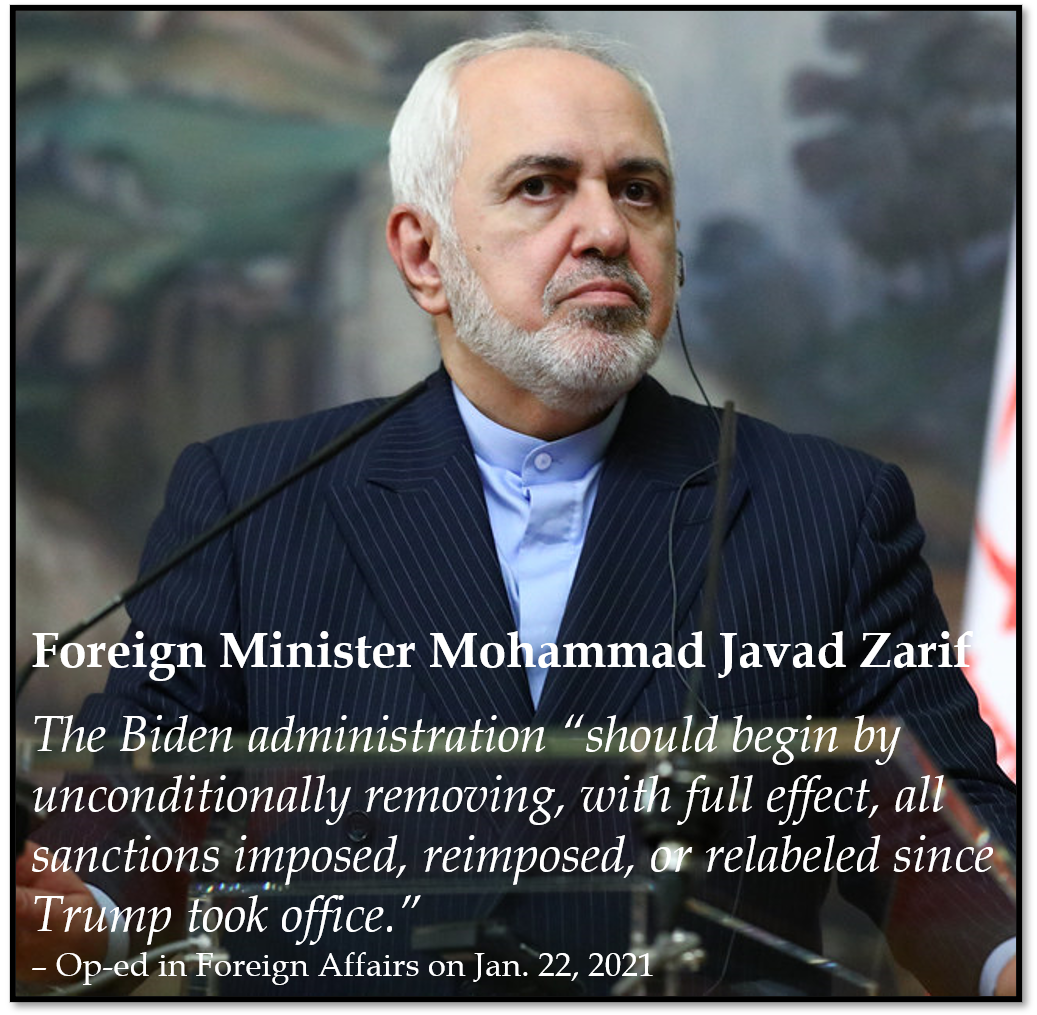Iran's Drone Fleet
When did Iran start building a drone fleet?
Iran’s interest in drones and uninhabited vehicles really goes back to the Iran-Iraq war in the mid-1980s. The Iranians have been in the unmanned aerial vehicle (UAV) business for several decades. The first generation of the Ababil that was used during the Iran-Iraq war appears to have been a low-cost attack munition, rather than an intelligence, surveillance and reconnaissance (ISR) platform.



